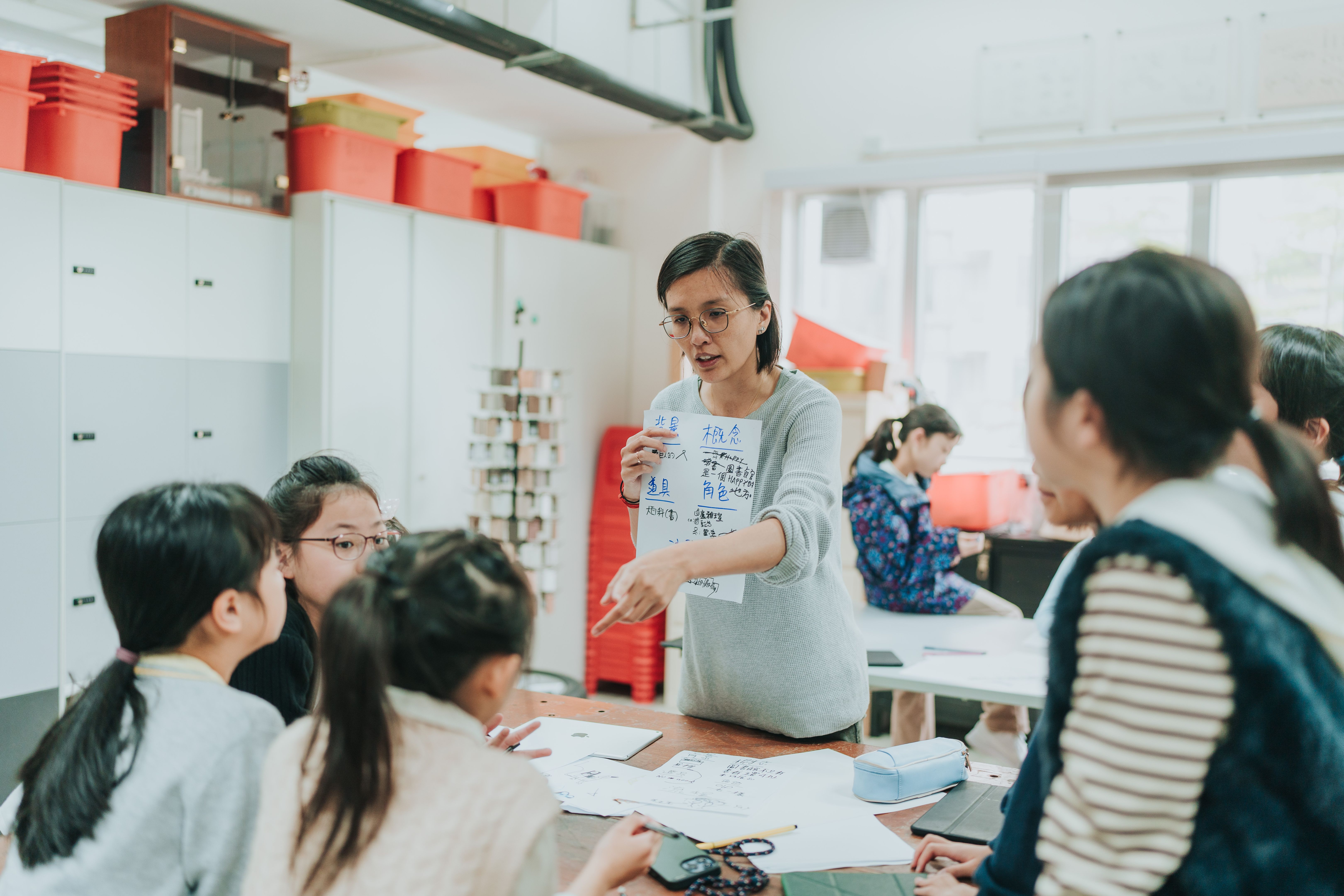Is the Internet the Ultimate Open Book Test?
The Internet as a Learning Tool
The internet has revolutionized the way we access information, transforming it into an expansive repository of knowledge. Often likened to an open book test, the internet allows users to find answers to nearly any question imaginable. This capability raises important questions about its role in education and self-learning. In the digital age, is the internet the ultimate open book test?

Access to Unlimited Information
The internet provides unparalleled access to information. Students and professionals can quickly find data, statistics, and expert opinions on any topic. This access has democratized learning, allowing individuals from diverse backgrounds to educate themselves on subjects that once required formal schooling. However, this vast sea of information also requires users to have critical skills in distinguishing credible sources from unreliable ones.
In the context of an open book test, the internet can serve as an invaluable resource. With the ability to cross-reference multiple sources and perspectives, learners can gain a more comprehensive understanding of the subjects they are studying. Yet, this same abundance of information can be overwhelming and lead to misinformation if not navigated carefully.
Enhancing Critical Thinking Skills
While the internet can provide answers, it also challenges users to engage deeply with content. In traditional open book tests, students are expected not only to find information but also to interpret and apply it effectively. The internet amplifies this expectation by offering a myriad of viewpoints and interpretations on any given subject.

This environment fosters critical thinking and analytical skills, encouraging learners to evaluate the validity of the information and synthesize it into coherent arguments or solutions. This skill set is increasingly valued in educational and professional settings, where the ability to process and utilize information effectively is crucial.
The Role of Educators
Educators play a pivotal role in guiding students on how to use the internet as a learning tool. Teaching students how to conduct efficient and effective online research is essential. This includes understanding search engines, filtering results, and using academic databases and journals. Educators must also emphasize the importance of ethical considerations, such as avoiding plagiarism and acknowledging sources.

Encouraging students to use the internet responsibly prepares them for real-world challenges where they must rely on their research and problem-solving skills. When combined with traditional educational methods, the internet can be an asset that enhances learning rather than a crutch that students lean on without understanding.
The Future of Learning
As technology continues to advance, the potential for the internet as an educational tool will only grow. Interactive learning platforms, virtual classrooms, and AI-driven tutoring are already changing how knowledge is imparted and absorbed. These advancements suggest that future learning environments will be even more integrated with online resources.
Despite these changes, the core principles of education remain constant: fostering curiosity, encouraging inquiry, and developing critical thinking skills. The internet should be viewed as one component of a holistic educational approach that combines digital tools with traditional methods to support comprehensive learning experiences.

Conclusion: A Balanced Approach
In conclusion, while the internet can indeed function as an open book test, it is most effective when used alongside traditional educational strategies. By equipping learners with the skills to navigate digital information critically and ethically, we can harness its potential to enhance learning outcomes. The key lies in striking a balance between utilizing digital resources and fostering independent thinking.
Ultimately, the true value of the internet as an educational resource depends not on its availability but on how effectively it is integrated into our learning processes. As we move further into the digital age, it is crucial that both educators and learners adapt to these changes thoughtfully and strategically.